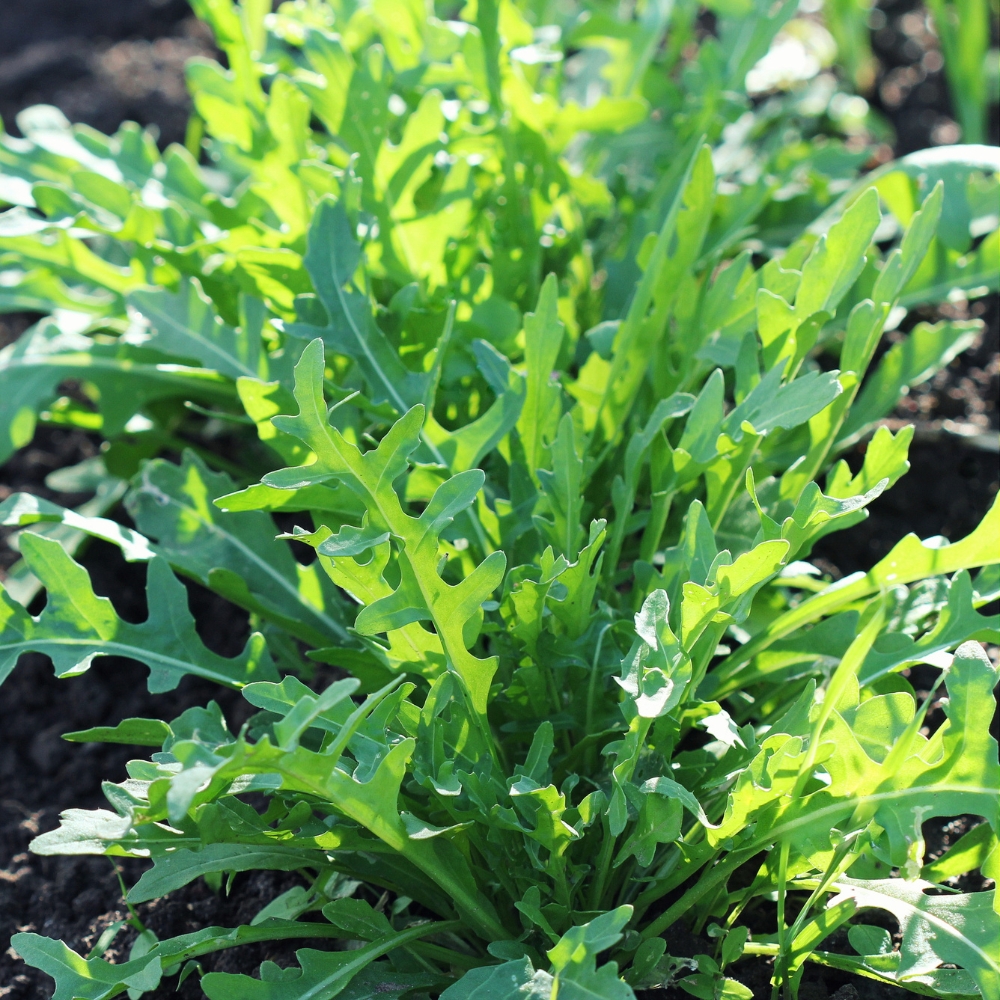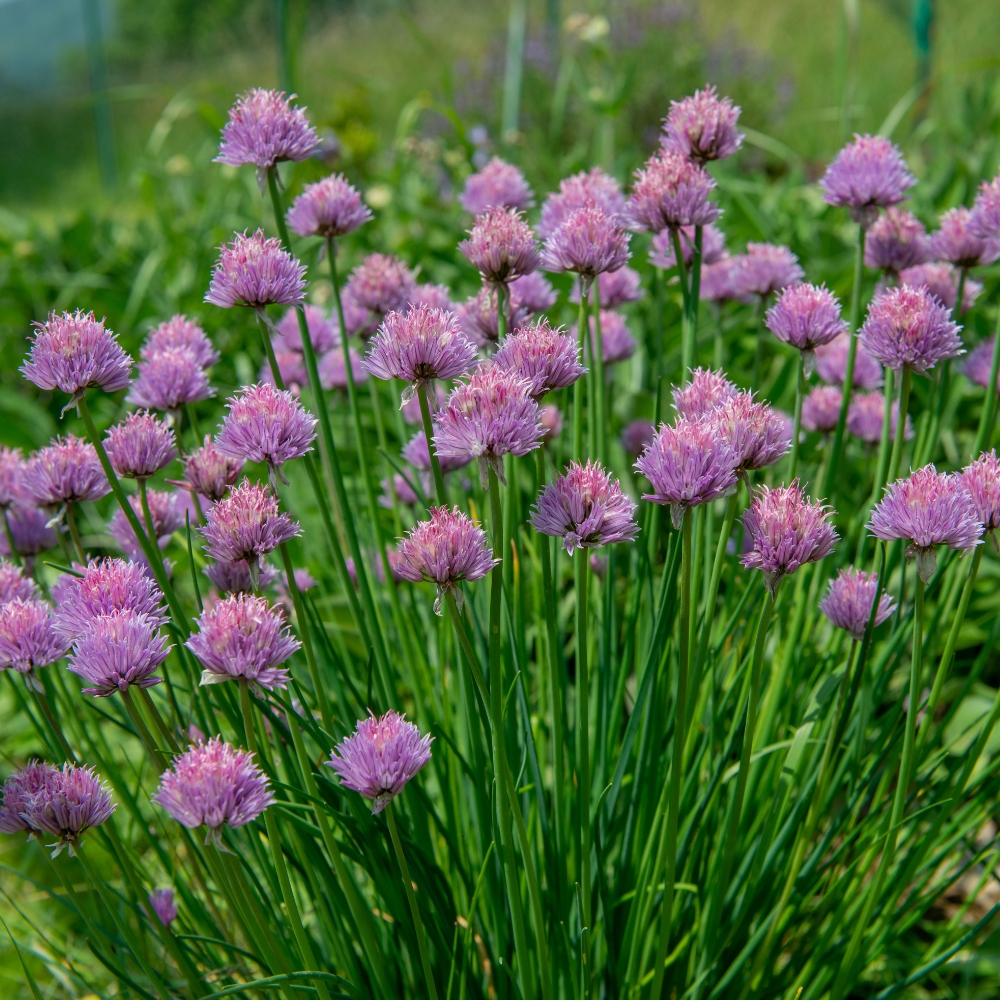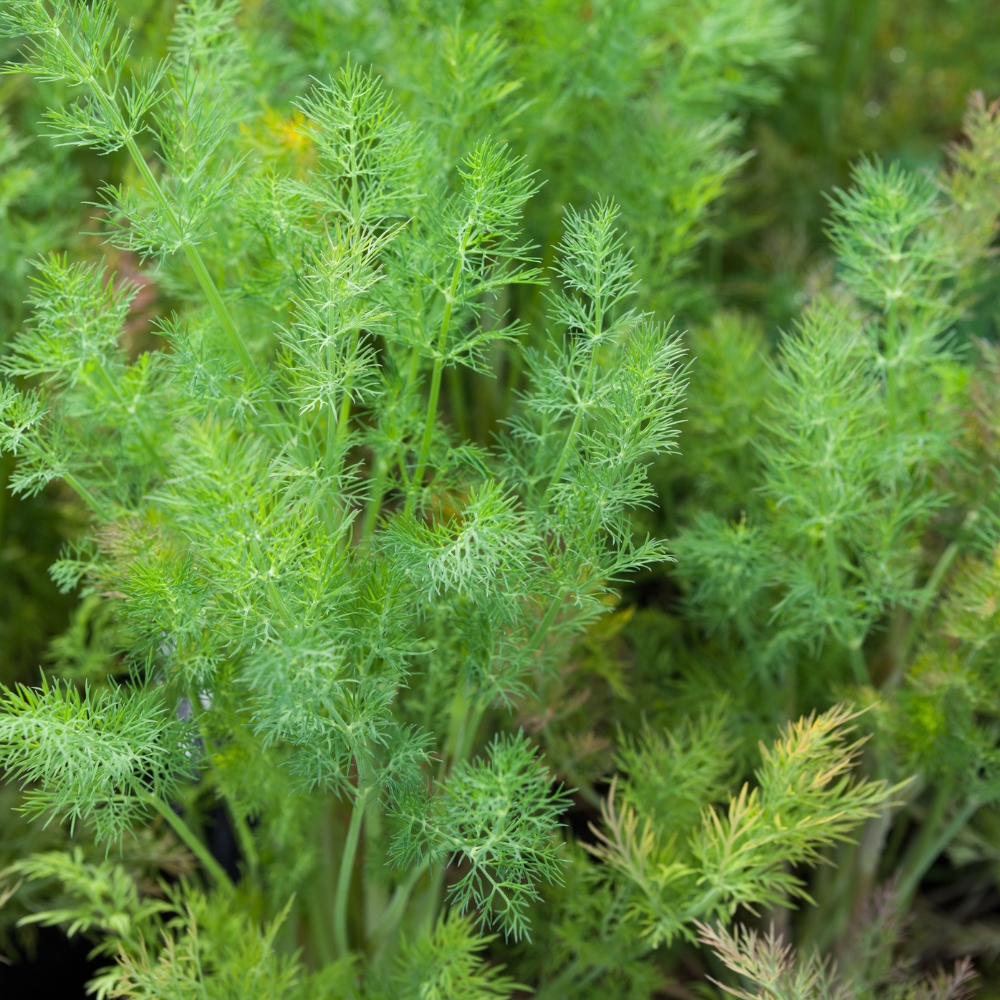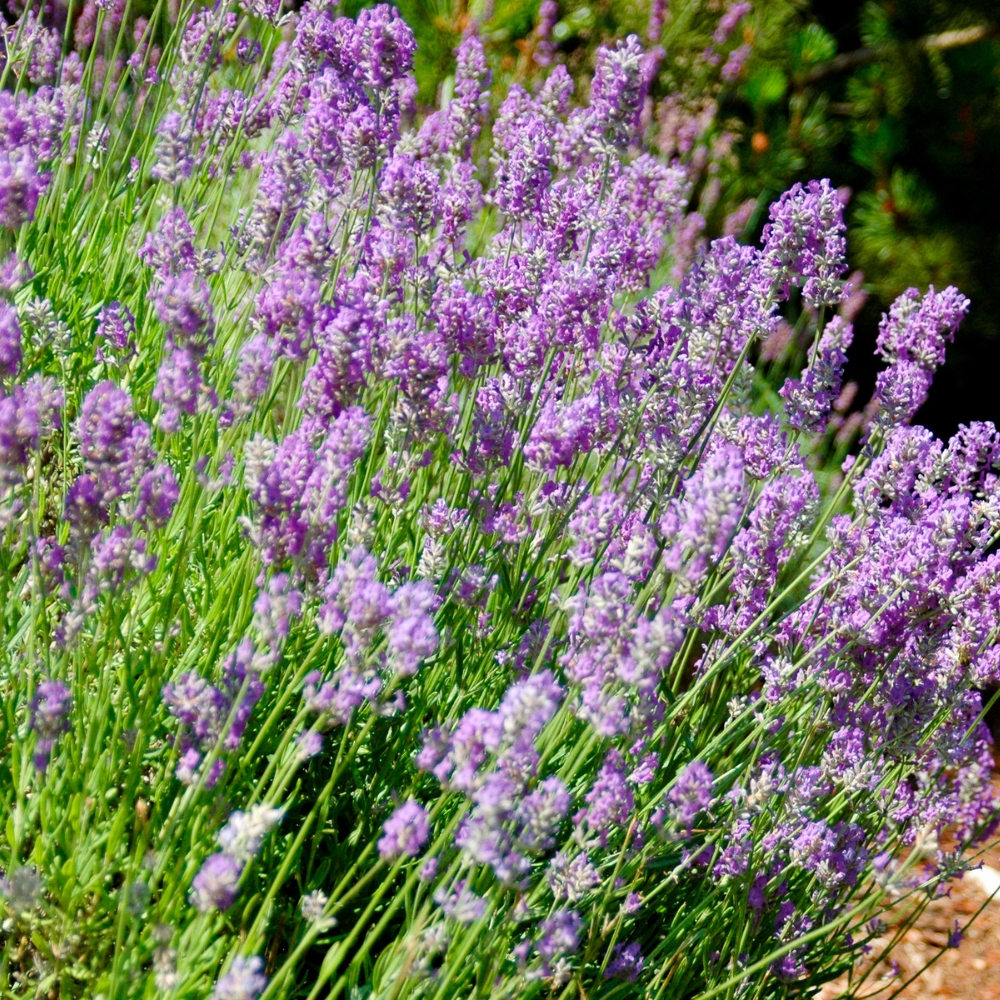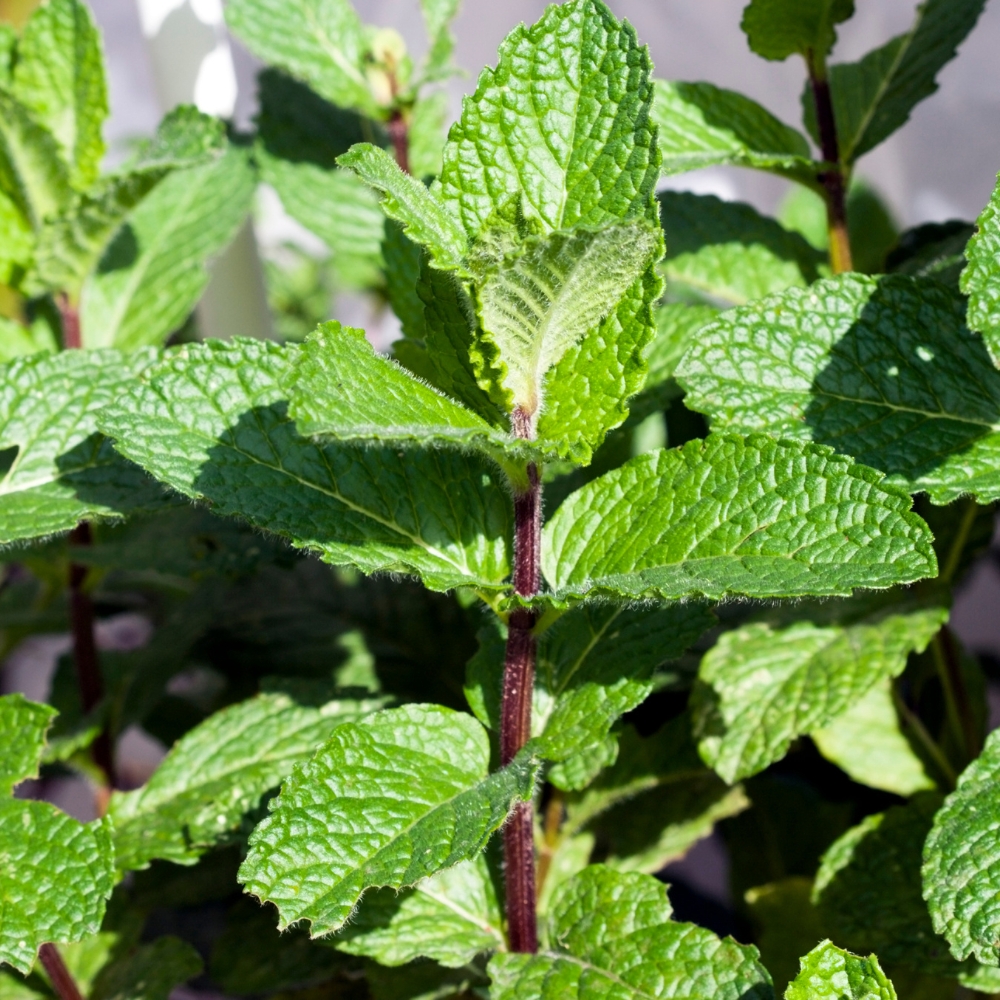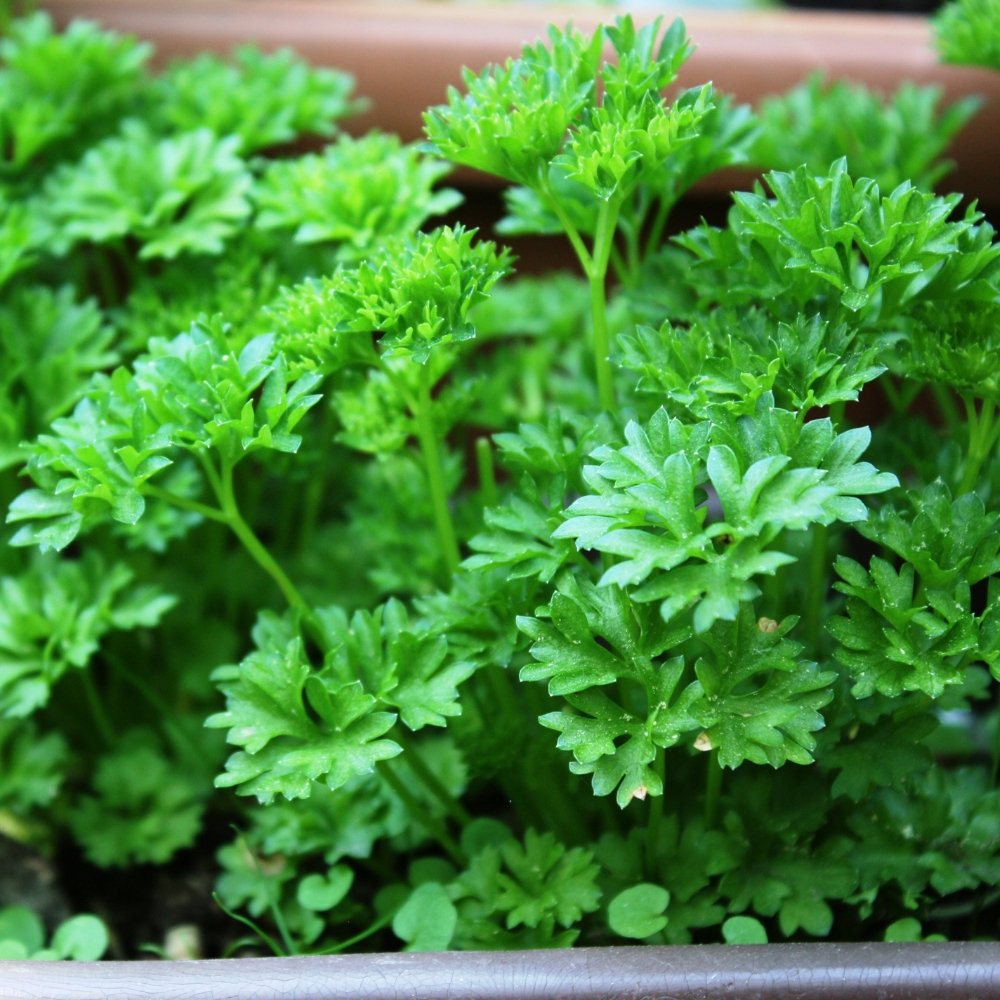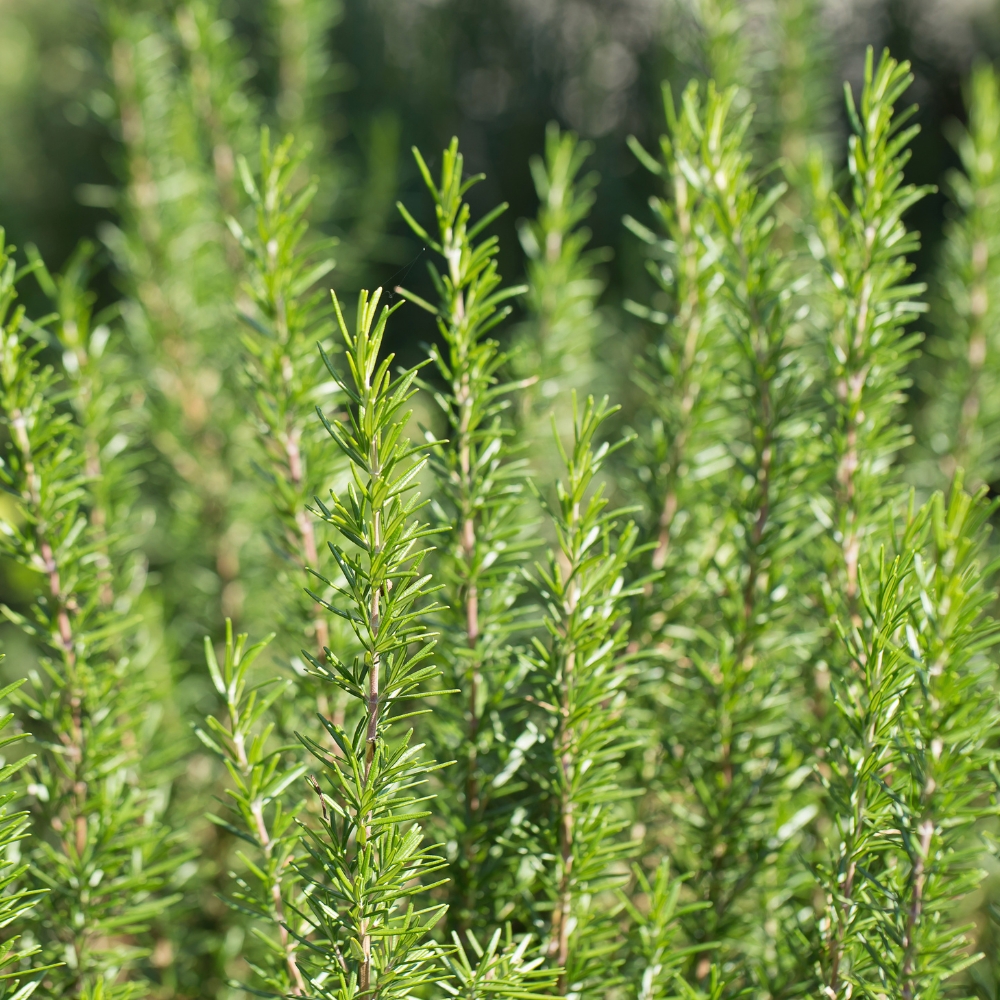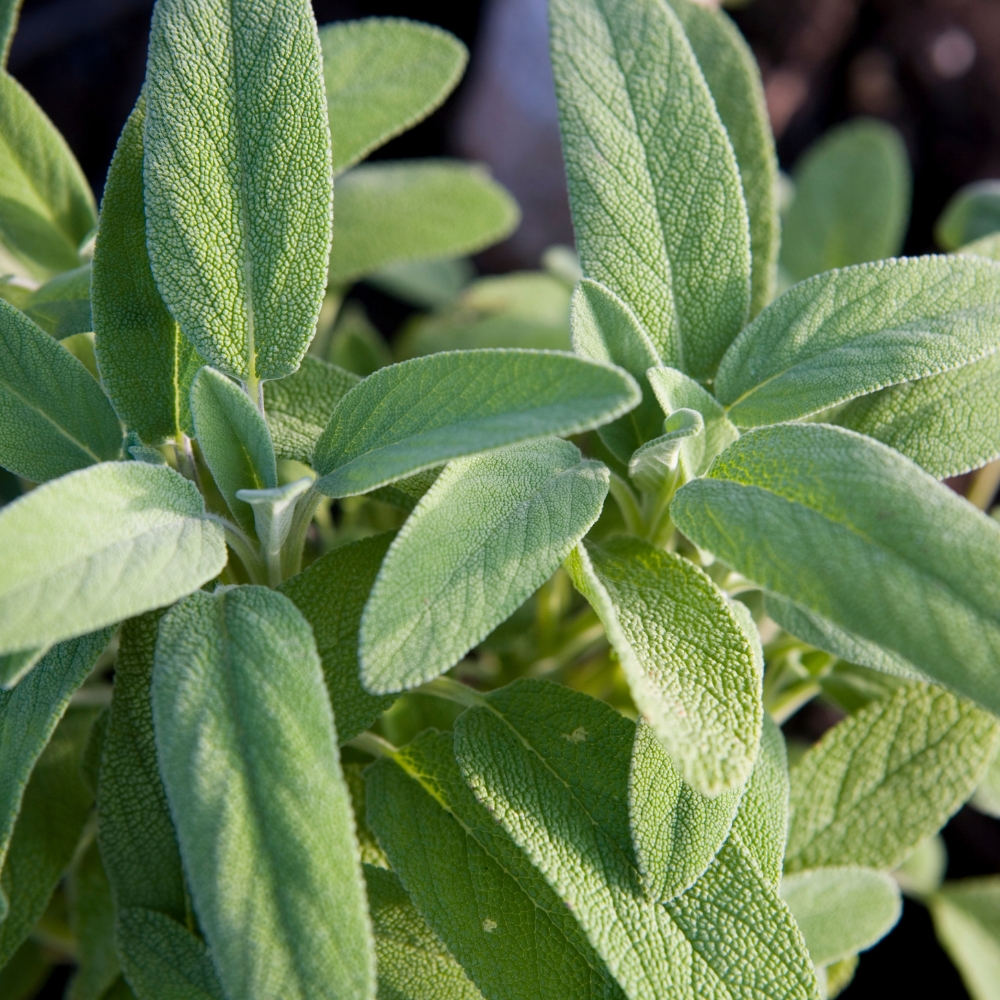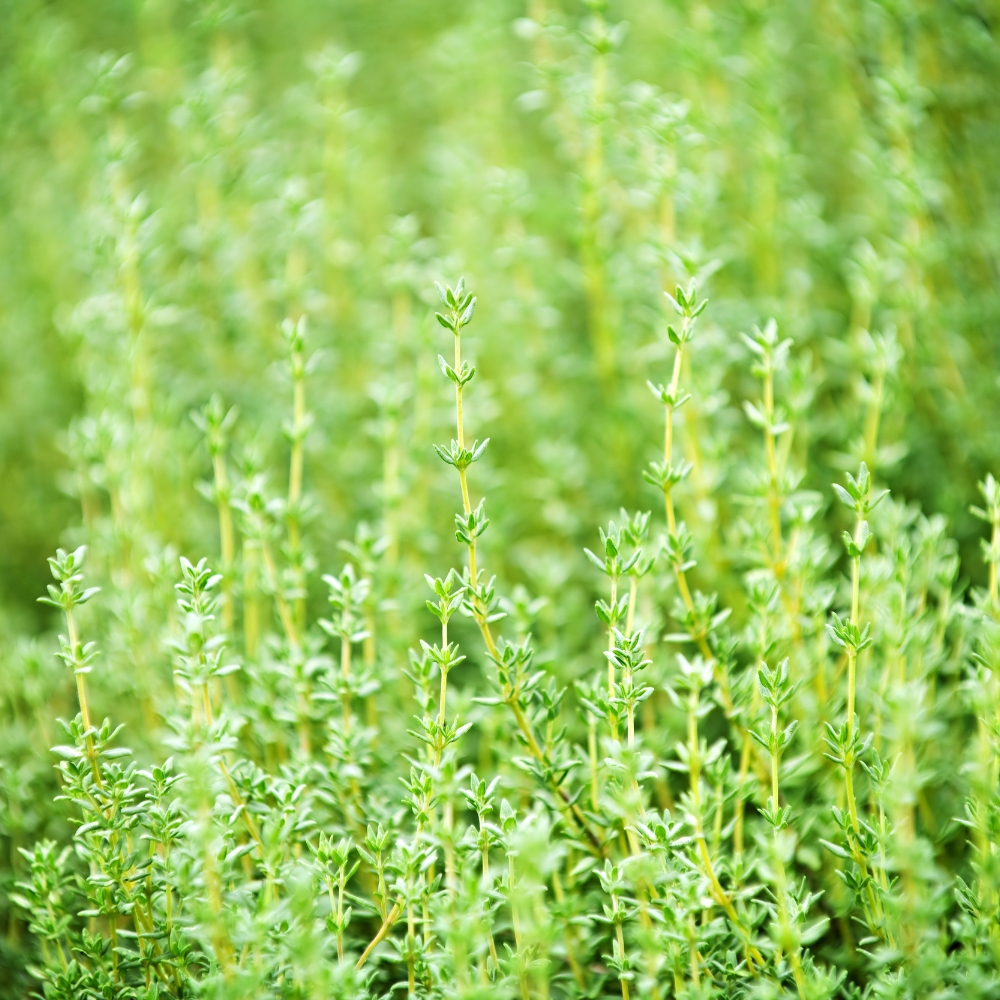
In our fast-paced, technology-driven world, finding ways to unwind and reconnect with nature has become essential for maintaining mental health. One of the most effective and fulfilling ways to achieve this is through gardening. Beyond the obvious aesthetic and environmental benefits, gardening offers a plethora of mental health advantages that are backed by science. Let's dig (pun intended) into the reasons why getting your hands dirty can be a therapeutic and rewarding experience.
Stress Reduction
Gardening has been shown to significantly reduce stress levels. A study conducted by Wageningen University in the Netherlands found that gardening for just 30 minutes a day can lower cortisol levels. Cortisol is a hormone produced by the adrenal glands and plays a crucial role in in your body’s reaction to stress, as well as regulating a number of other bodily functions, such as your metabolism, immune system, sleep cycle, and inflammation. Participants in this study reported feeling more relaxed and content after spending time in their gardens compared to those who engaged in other leisure activities.
Mood Enhancement
The act of nurturing plants and watching them grow can have a profound impact on your mood. Gardening stimulates the production of serotonin, a neurotransmitter made from the essential amino acid, tryptophan. Serotonin promotes feelings of well-being and happiness and also plays a role in your digestion, sleep, wound healing, and bone health, just to name a few. A study published in the Journal of Health Psychology found that people who garden regularly experience an enhanced overall mood and more gratification for life.
Physical Exercise
Gardening is a great form of physical exercise that can improve both your mental and physical health. Activities such as digging, planting, weeding, and watering plants provide a moderate level of physical activity, which can help reduce anxiety and depression, strengthen muscles, improve balance, and maybe even result in some weight loss. Exercise releases endorphins, the body’s natural mood elevators, making gardening a two-fer for boosting mental health along with the benefits of physical exercise.
Mindfulness and Meditation
Gardening encourages mindfulness, a mental state achieved by focusing on the present moment. When you are engrossed in gardening tasks, such as pruning or planting, you become more aware of your surroundings and your actions. This meditative state can help clear your mind, reduce negative thoughts, and promote a sense of peace and tranquility. Stop…and smell the roses!
Connection with Nature
Spending time outdoors and connecting with nature has been linked to numerous mental health benefits. According to research from the University of Exeter, exposure to green spaces can improve mood, reduce feelings of isolation, and increase overall life satisfaction. Gardening allows you to immerse yourself in nature, fostering a deeper connection with the environment and enhancing your mental well-being.
Sense of Accomplishment
Watching a seed grow into a flourishing plant provides a sense of accomplishment and purpose. This process can be particularly beneficial for individuals struggling with mental health issues such as depression or anxiety. Completing gardening tasks and seeing tangible results can boost self-esteem and while providing a sense of control and achievement.
Social Interaction
Gardening can also be a social activity, providing opportunities for interaction and community building. Community gardens and gardening clubs offer a space for people to come together, share knowledge, and support one another. Social interaction is just one of the key components of mental health; gardening with friends can help combat feelings of loneliness and isolation.
Cognitive Benefits
Engaging in gardening activities can improve cognitive function and reduce the risk of getting dementia. A study published in the Journal of Alzheimer’s Disease found that regular gardening can reduce the risk of dementia by up to 36%! Gardening requires problem-solving skills, planning, and physical coordination, all of which can help to keep your brain sharp and healthy.
Therapeutic Benefits
Horticultural therapy, the practice of using gardening as a therapeutic intervention, has been shown to help individuals with a range of mental health conditions, including PTSD, anxiety, and depression. Working with plants provides a calming and non-threatening environment that can help individuals process emotions and develop coping strategies.
Conclusion
The mental health benefits of gardening are vast and well-documented. From reducing stress and improving mood to enhancing cognitive function and fostering social connections, gardening offers a holistic approach to your mental well-being. So, whether you have a sprawling garden or a few potted plants on your balcony, getting your hands dirty can be a simple yet powerful way to nurture your mind and soul. We invite you to embrace the joy of gardening and experience the therapeutic benefits that come with it. You have nothing to lose…and so much to gain!















































































































































































































































































































































































































































































































































































